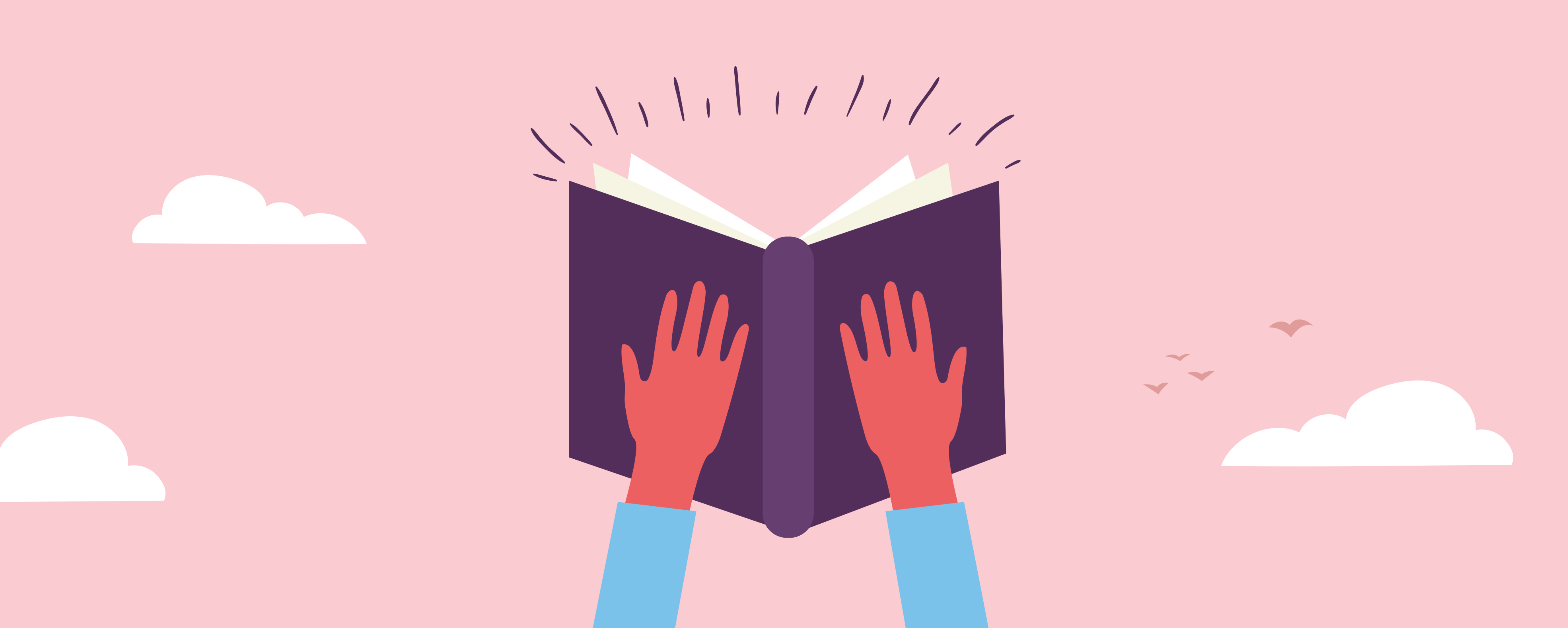One of my favorite moments in every episode of my podcast, The Reading Culture, is when I ask my guest authors to share about a book they read that deeply impacted them. LeUyen Pham was brought to tears thinking about the teacher, Ms. Sangren, who gave her “The Witch of Blackbird Pond.” Renée Watson read Nikki Giovanni’s poem “Knoxville, Tennessee” and was struck by the idyllic normalization of the everyday life of Black people. Lamar Giles discovered a deep love for horror and all things scary when he read Stephen King’s “It” at only 11 years old! The list goes on. Of course, it’s not just authors who have those experiences. Most everyone can recall a book that ignited their love for reading or transformed them somehow.
Why, then, would we want to erase the possibility of these life-changing, life-affirming, and, in some cases, life-saving experiences with books? Thanks to trailblazing organizations like We Need Diverse Books, we have finally seen increased diversity in the books published for kids today and the authors creating them. That’s improving the odds for every kid— including those who feel like outsiders because of their race, abilities, or sexual orientation—to have that electric encounter with a book that really “gets” them. But, as the data shows, diverse books and authors are disproportionately targeted by book-ban challenges facing many schools and libraries throughout the country. One ulterior aim of these bans is to dampen publishers' and distributors' willingness to produce diverse books at all--thus rolling back any recent progress in making children's lit more inclusive.
We stand in solidarity against book censorship of any kind on this national “Right to Read Day,” organized by the ALA’s initiative, United Against Book Bans. They share on their site that “In 2023, the American Library Association documented efforts to censor 4,240 unique book titles in schools and public libraries, a stratospheric increase from 2022's previous record of 2,571 unique titles.” To be honest, I think these numbers are, in fact, an underreporting of books that are being censored. There is also an insidious soft censorship that happens in many schools and libraries. Now that strict rules are in place banning certain content (most frequently, content featuring LGBTQ+ characters or the history/realities of marginalized people), many librarians and teachers are simply not permitted to put certain books on their shelves in the first place. This soft censorship is unaccounted for in the reported numbers but is deeply troubling.
A few weeks ago, I attended the Walter Awards ceremony at the Martin Luther King Jr. Memorial Library in Washington, DC. One of my all-time favorite authors, Elizabeth Acevedo, led a panel with four honored authors in an auditorium filled with hundreds of middle and high school students. These kids lined up thirty deep to ask the authors their questions. One asked Jacqueline Woodson how she felt about… Ari Tison, what it was like to write in… But one question still haunts me. A curly-haired girl in a slouchy cardigan and wire-framed glasses bravely walked to the mic. She asked Hannah V. Sawyerr, author of “All the Fighting Parts,” about how she would recommend seeking help if someone is in a situation like the main character of her book, who is sexually assaulted by a beloved community member. It is soul-crushing to think that the young girl reading this book might have lived through something like its protagonist.
Imagine the importance of having a book like “All the Fighting Parts” in the hands of young adults— to know they are not alone and have the power to fight back. Now, imagine banning that book because it has “sexual content.” This book may be a lifeline for a child. For Gregory Maguire, “Harriet the Spy” was a lifeline. For Karina Yan Glaser, “A Tree Grows in Brooklyn” was a lifeline. For countless kids, books and often their school or local libraries are their refuge. As a society, we cannot afford to cut off these lifelines for our kids.
I am proud to work with a team of people at Beanstack and thousands of librarians and educational partners worldwide who believe deeply in the right to read. But meanwhile, a very vocal “anti-woke” minority is trying desperately to rewrite the rules. It is not enough for us to simply be angry. Be angry. Be indignant. And then, take action! I urge you to consider the suggested actions by United Against Book Bans. Speak up. Fight for everyone’s right to read freely, even if your locality doesn’t currently face these issues. Take one action today to show that we who believe in the freedom to read are, in fact, the clear majority.
Keep reading,
Jordan Lloyd Bookey
